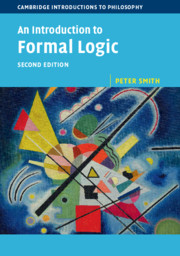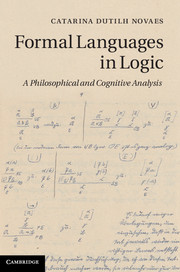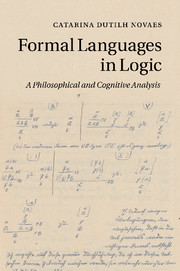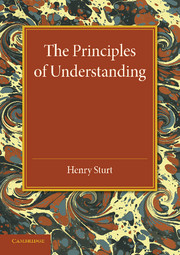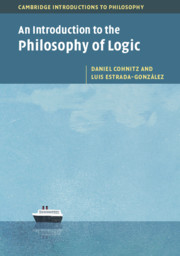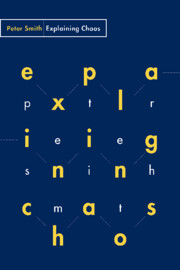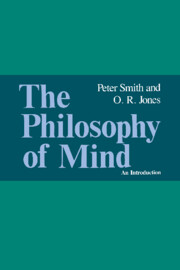An Introduction to Formal Logic
Formal logic provides us with a powerful set of techniques for criticizing some arguments and showing others to be valid. These techniques are relevant to all of us with an interest in being skilful and accurate reasoners. In this very accessible book, extensively revised and rewritten for the second edition, Peter Smith presents a guide to the fundamental aims and basic elements of formal logic. He introduces the reader to the languages of propositional and predicate logic, and develops natural deduction systems for evaluating arguments translated into these languages. His discussion is richly illustrated with worked examples and exercises, and alongside the formal work there is illuminating philosophical commentary. This book will make an ideal text for a first logic course and will provide a firm basis for further work in formal and philosophical logic.
- Presents the core concepts and methods of logic in a clear and uncluttered way
- Helps the reader to grasp the basic concepts and principles behind propositional and predicate logic
- Ideal for self-study, containing numerous examples and exercises, with answers online
Product details
August 2020Paperback
9781108411394
428 pages
245 × 174 × 24 mm
0.76kg
Out of stock in print form with no current plan to reprint
Table of Contents
- Preface:
- 1. What is deductive logic?
- 2. Validity and soundness
- 3. Forms of inference
- 4. Proofs
- 5. The counterexample method
- 6. Logical validity
- 7. Propositions and forms
- Interlude. From informal to formal logic
- 8. Three connectives
- 9. PL syntax
- 10. PL semantics
- 11. `P's, `Q's, `_'s, `_'s { and form again
- 12. Truth functions
- 13. Expressive adequacy
- 14. Tautologies
- 15. Tautological entailment
- 16. More about tautological entailment
- 17. Explosion and absurdity
- 18. The truth-functional conditional
- 19. `If's and `!'s: why natural deduction?
- 20. PL proofs: conjunction and negation
- 21. PL proofs: disjunction
- 22. PL proofs: conditionals
- 23. PL proofs: theorems
- 24. PL proofs: metatheory
- Interlude. Formalizing general propositions
- 25. Names and predicates
- 26. Quantifers in ordinary language
- 27. Quantifer-variable notation
- 28. QL languages
- 29. Simple translations
- 30. More on translations
- Interlude. Arguing in QL
- 31. Informal quantifer rules
- 32. QL proofs
- 33. More QL proofs
- 34. Empty domains?
- 35. Q-valuations
- 36. Q-validity
- 37. QL proofs: metatheory
- Interlude. Extending QL
- 38. Identity
- 39. QL= languages
- 40. Definite descriptions
- 41. QL= proofs
- 42. Functions
- Appendix. Soundness and completeness.

